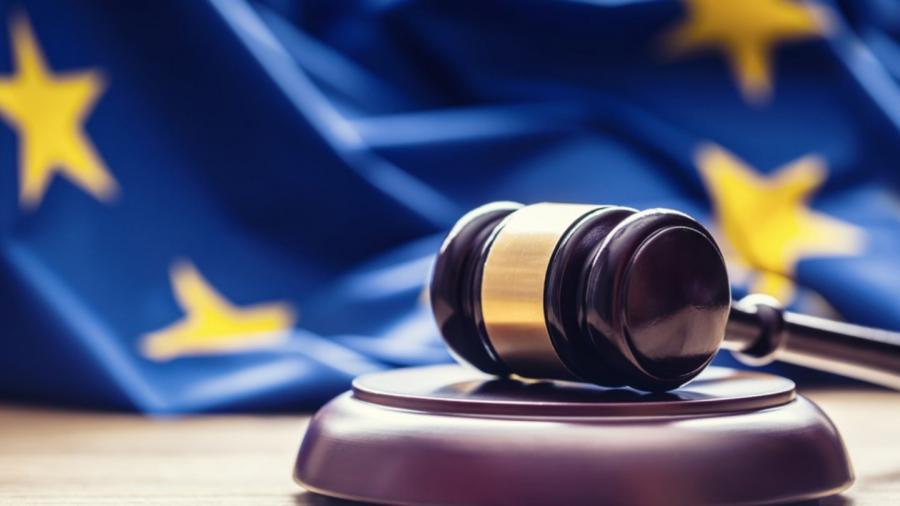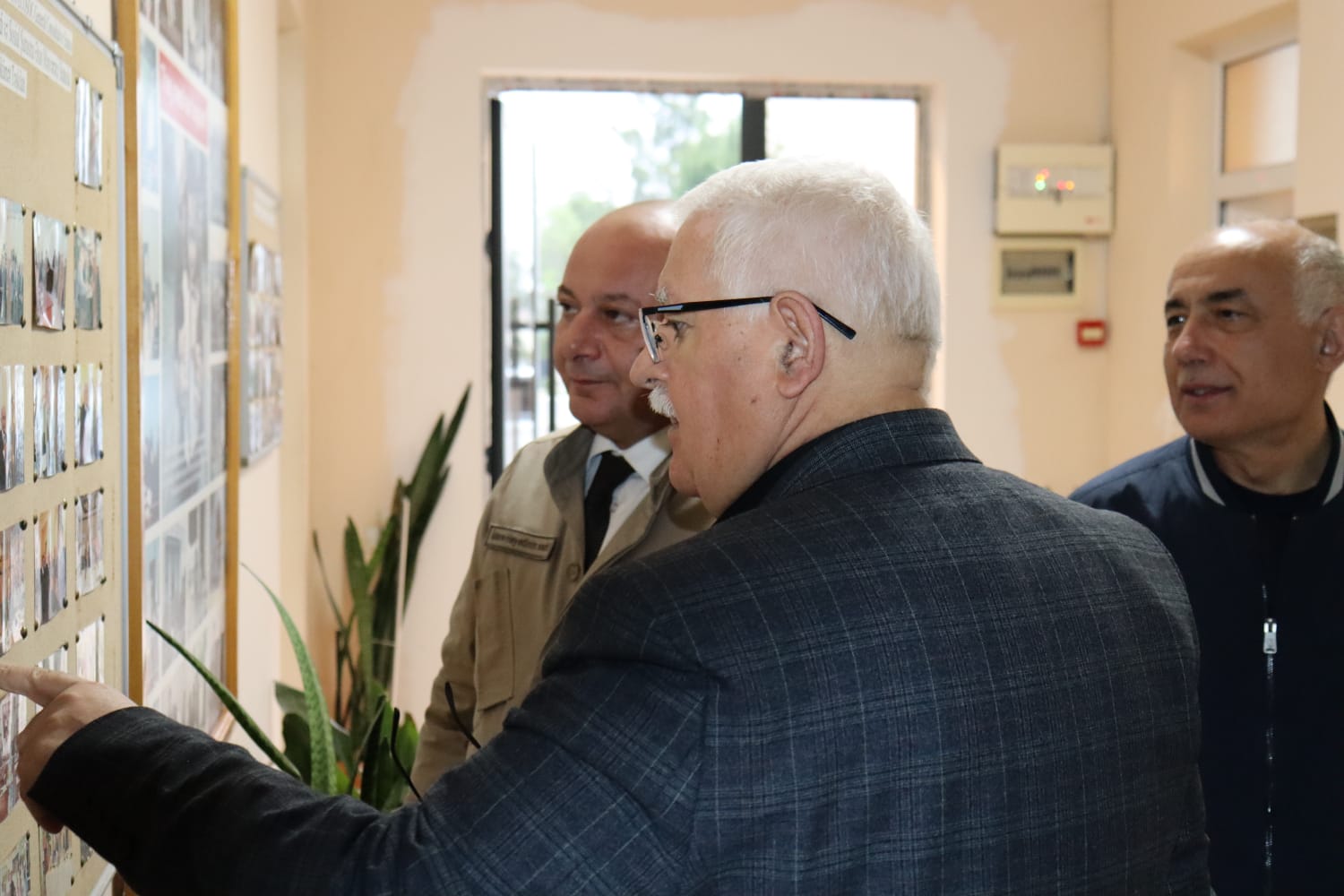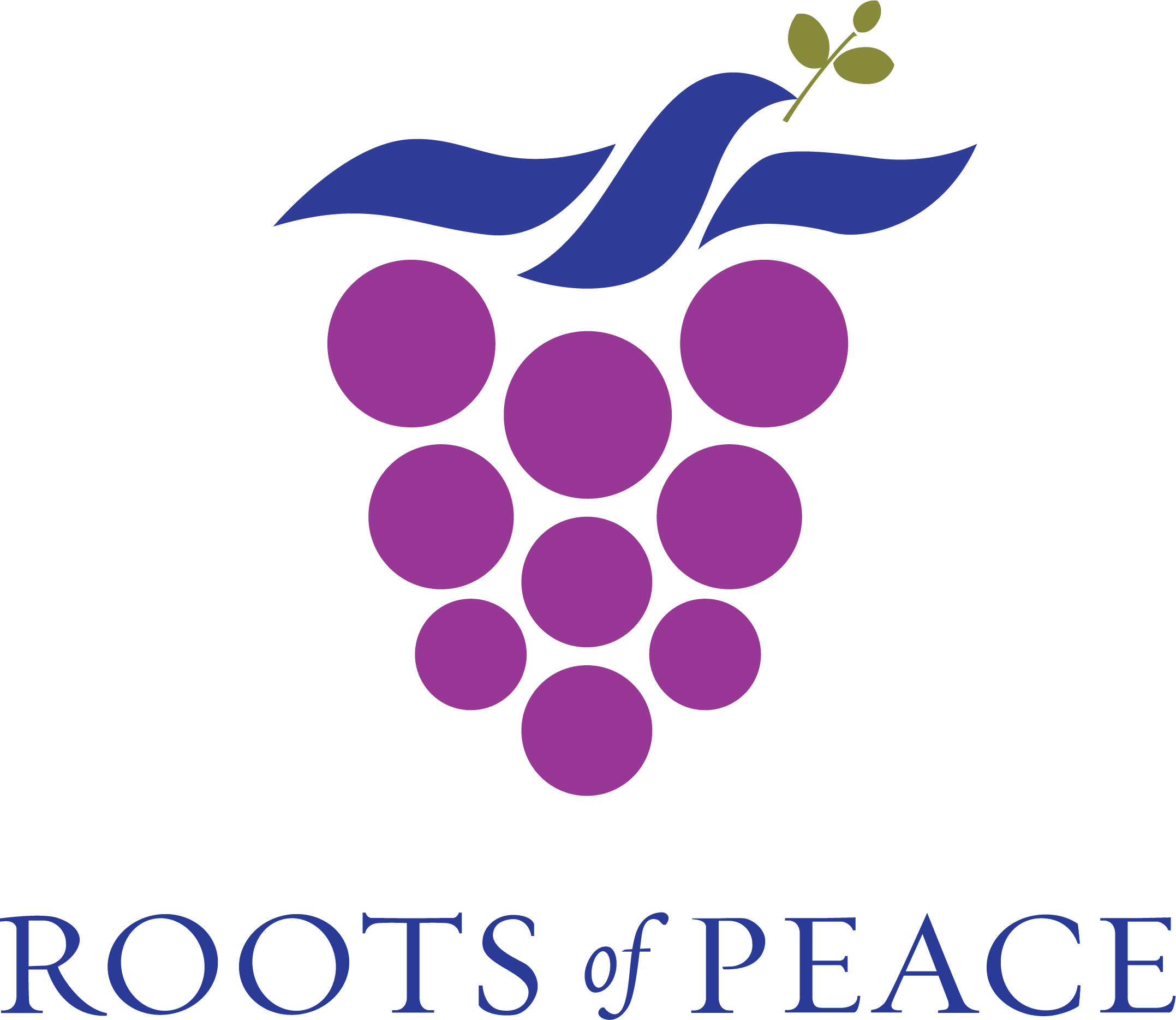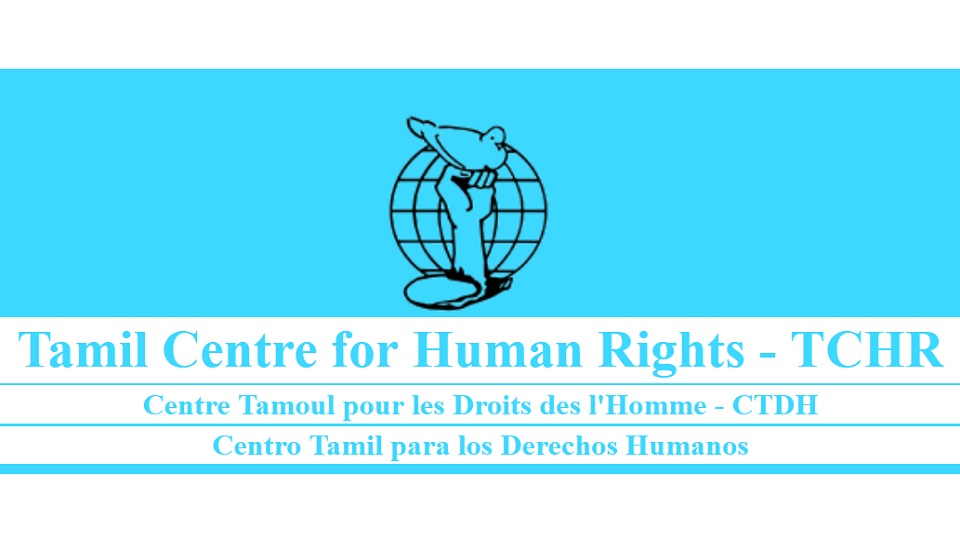On October 18, the European Court of Human Rights (ECtHR) paid the claim in the "Hovanissyan and Karapetyan" case related to the crimes committed in the territory of Azerbaijan occupied by Armenia in the past. The claim was that in the summer of 2010, there was an incident in Karabakh with the above-mentioned servicemen of the Armenian army and their four colleagues, all of whom were found dead with bullet wounds.
The ECtHR recognized a violation of the applicants' rights under Article 2 of the European Convention on Human Rights, and the Strasbourg Court ordered each applicant to pay 30,000 euros in compensation. This decision of the ECHR is very important, because the fact that Armenia occupied the territories of Azerbaijan was once again confirmed. Additionally, it should be mentioned that the decision of the ECtHR includes reference to another decision of the Strasbourg court in the case of "Chiragov and others" in which Armenia was responsible for the expulsion of a group of people from their homeland in the Lachin district of Azerbaijan (2015).
Can Azerbaijan use such legal precedents to its advantage and achieve international condemnation for Armenia's long-term occupation of Azerbaijani lands, including the large amount of humanitarian and economic damage caused to the Azerbaijani people and the country's infrastructure? If so, what should the evidence base be? What position should be taken?
Doctor of Philosophy in Law Elvar Mirzaoglu said in his statement to Ednews that there are enough facts to be presented as evidence base in the court:

"Azerbaijan's ECHR - 800 bln. has a claim for more than $100,000 in damages. Here, it is possible to hold Armenia responsible for the damage caused by Armenians to the property of citizens, state infrastructure, and ecology (railroads, power grids, buildings, cultural objects, etc.) in the area. Our Mr. President also has an appeal to the organizations regarding the coverage of such acts of vandalism committed recently. Apart from that, we should mention the 4 resolutions issued by the UN regarding the Karabakh conflict as a proof base. In particular, as a result of the delay in the implementation of this resolution, there is the fact that our material resources in the area have been looted. In this regard, there are thousands of resources on the Internet or in libraries that even other countries besides Armenia played a role in the transportation of our national wealth, especially gold reserves. Finally, there are more than 1,200,000 people who have been forcibly displaced from the area, whose rights have been trampled upon, and these can be put forward and serve as a basis of evidence, and compensation can be obtained from Armenia."
American journalist, security expert and lawyer Irina Tsukerman said that although the facts committed during the Armenian occupation play a role as a base, the ECtHR mainly looks at the solution of individual cases, not collective ones:

"Without a question, any evidence of occupation is germane to the legal issues involving claims against legal violations committed by Armenia in the course of the occupation; that includes all evidence even from cases filed by Armenia are fair game in such situations. However, each case should be overall based in specific individual claims with the bulk of the evidence focused in violations against the parties in question. Courts can have an important political impact but ultimately such institutions EctHR are serving the purpose of examining individual rather than.collective and national grievances. Such separate cases can be used to illustrate the historical context of these individual claims but cannot substitute for the facts of these cases, nor will their use bring a satisfaction of broader grievances outside strengthening the understanding of a particular case in question. To resolve broader legal violations, Azerbaijan should look to other avenues, such as civil and criminal investigation into state level offenses through the appropriate legal bodies."
Akbar Novruz










